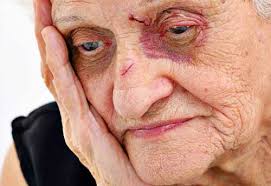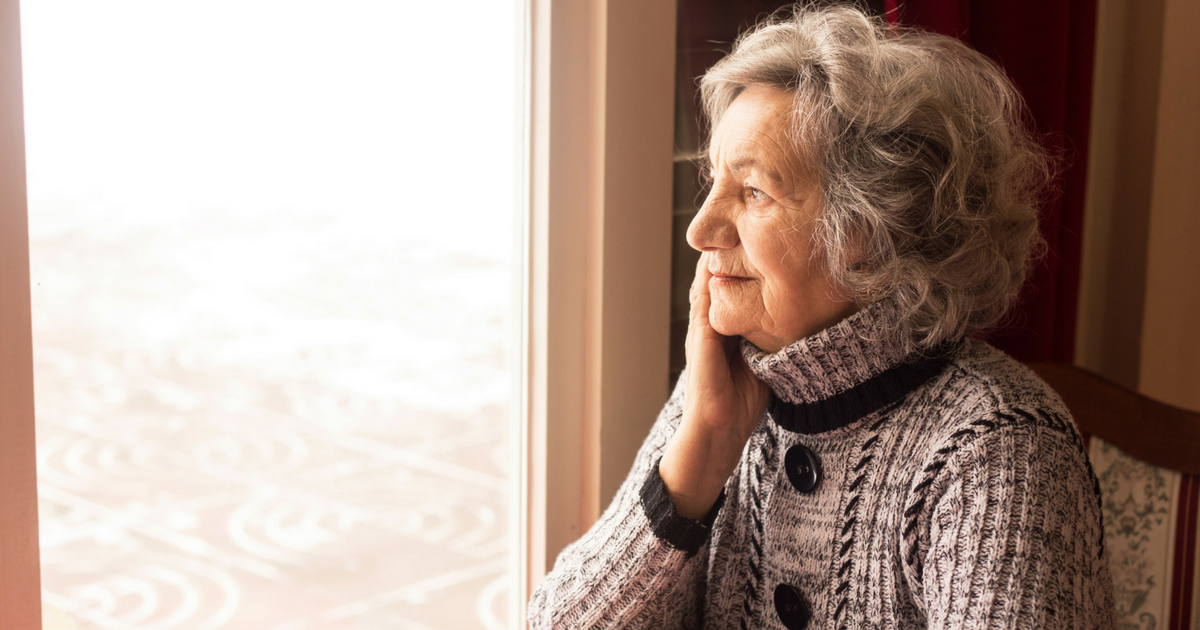As we grow older we often sleep less. However, if you are having trouble falling asleep, it may be stress related. About a third of Americans suffer from at least periodic insomnia, according to the American Academy of Sleep Medicine (AASM). In most cases, sleep issues resolve on their own. But if it lasts for a month or longer, it’s considered a chronic condition (which affects about 1 in 10).  Lack of sleep can feed on itself. Lying awake night after night can create anxiety about falling asleep, which serves to exacerbate the insomnia. “This is something I see in almost all of my patients with insomnia,†Joshua Tal, a clinical sleep and health psychologist, told AARP Bulletin. Avoid anything with caffeine after noon, and try not to eat late as our bodies digest food more slowly as we age.





